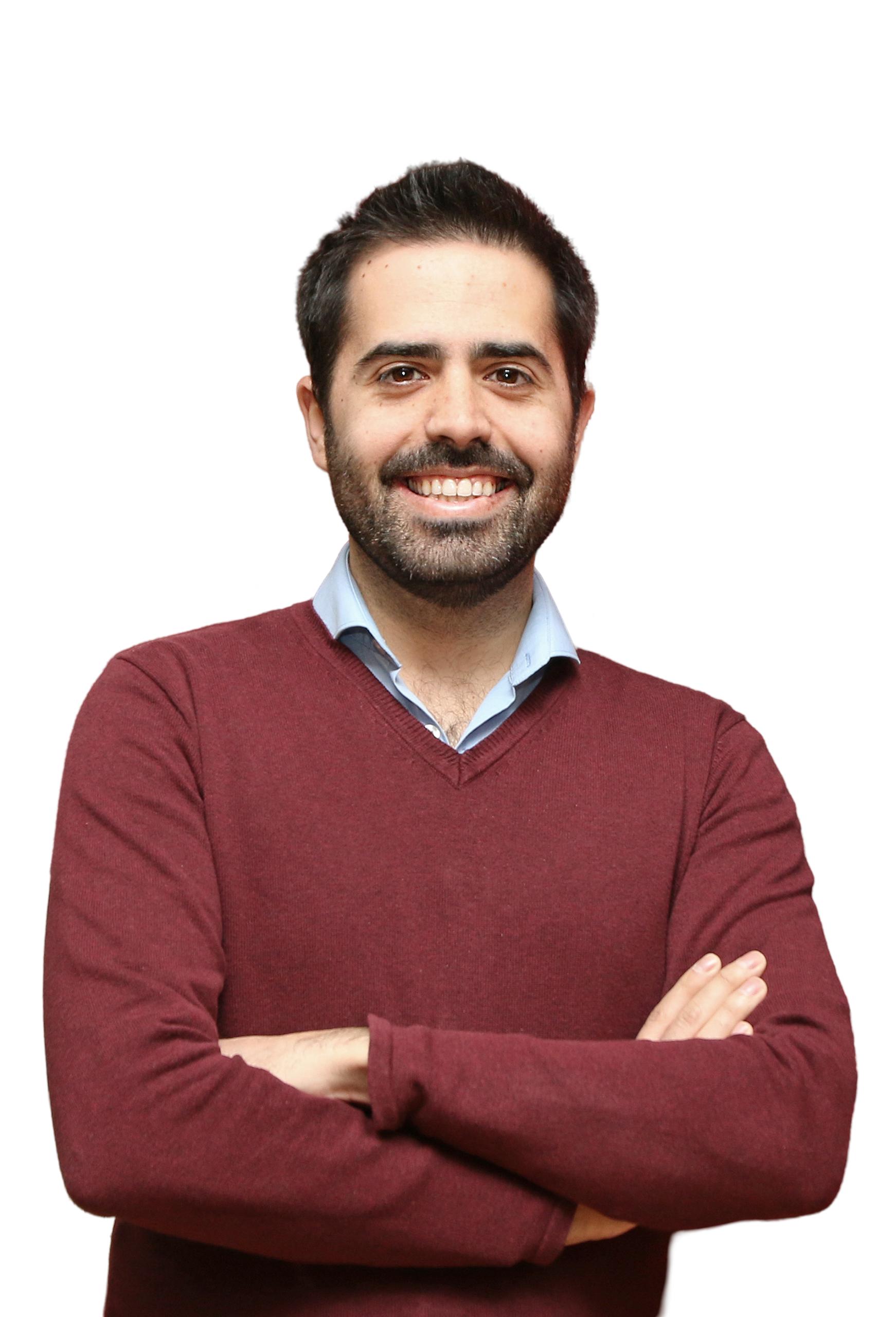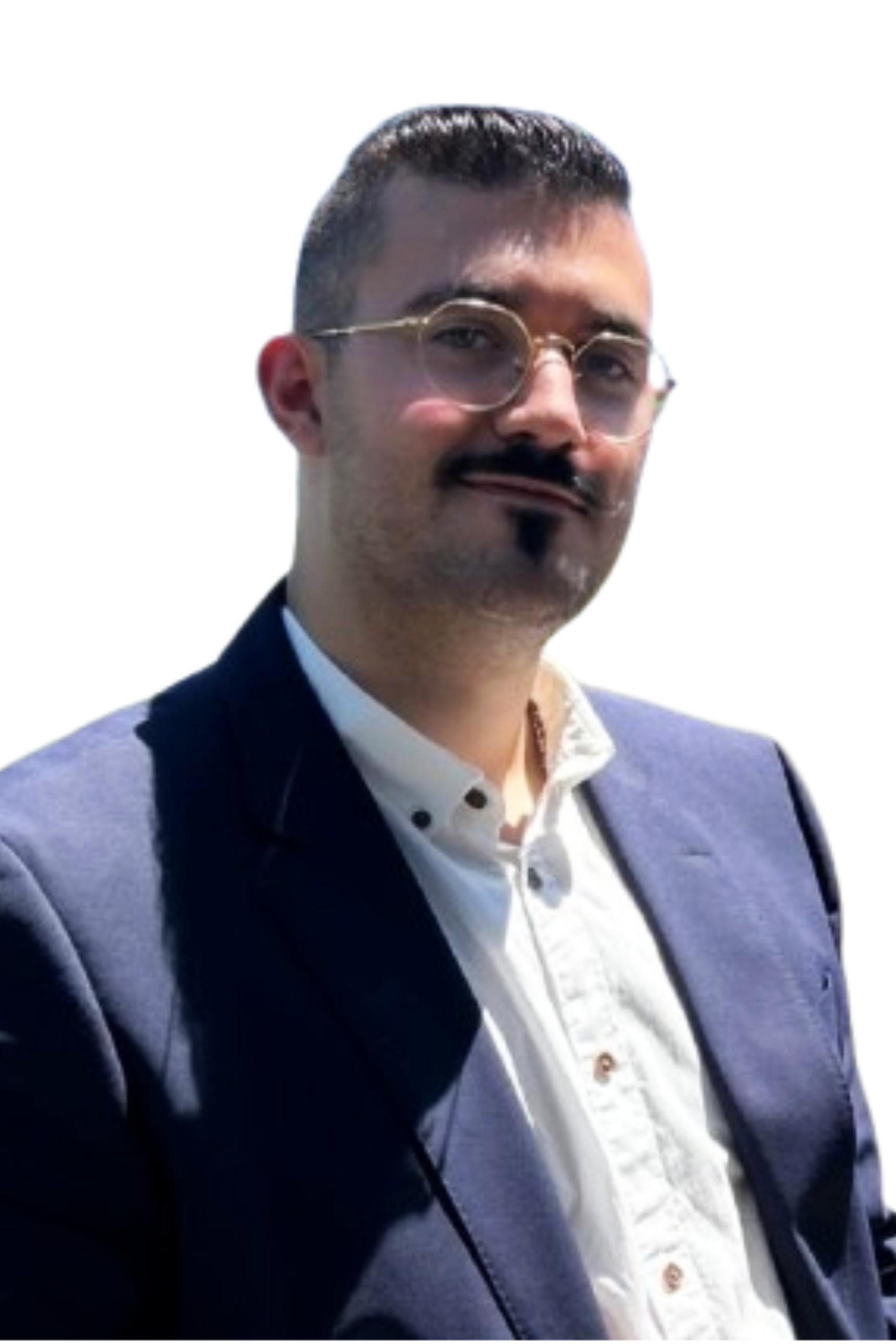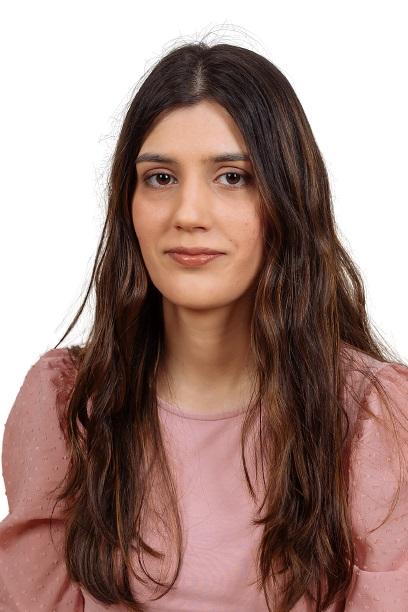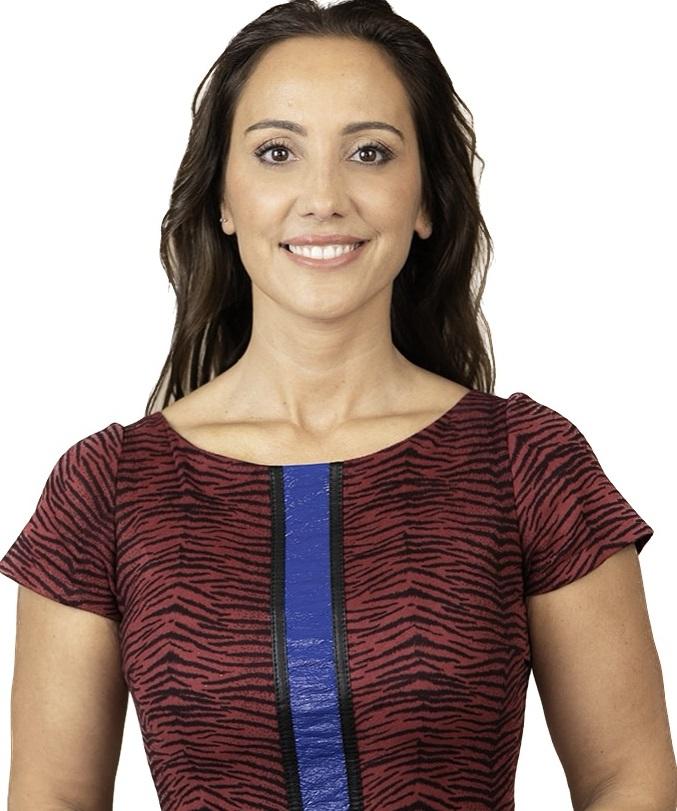Humans spend about 90% of their time indoors. Each of these indoor spaces presents a distinct microenvironment regarding pollutants and microbiological parameters to which we are exposed with every breath. Consequently, the incidence of some respiratory pathologies has increasingly been associated with exposure to poor indoor air quality (IAQ).
This topic has gained increasing prominence in Portugal, especially after the enactment of Decree-Law No. 101-D/2020, dated December 7, which not only requires trade and service entities to ensure good indoor air quality but also assigns them responsibilities in cases of morbidity associated with the built environment.
For this reason, there is a growing interest in the subject, reflected in increased demand for scientific data demonstrating the relationship between building characterization, IAQ, and occupant health. This demand has been increasingly focused on our group, as we stand out for our cross-disciplinary knowledge in respiratory health, occupational health, engineering, and the built environment, knowledge already translated into several publications in these scientific areas.
Therefore, the Laboratory for Indoor Air Quality and Respiratory Health aims to study the associations between IAQ and airway diseases, as well as to investigate new methodologies for monitoring air parameters, supporting the reconfiguration of public health in buildings.
QAISAR has international representation through collaborations with strategic partners and innovative research projects, ensuring its prominence in a technical-scientific, academic, and pedagogical context.
Currently, the laboratory is researching the association between the building’s microbiome and the development of hypersensitivity pneumonitis in the population of Northern Portugal, as well as the exposure to particulate matter in indoor air and the incidence of other pneumoconiosis. Additionally, it aims to improve existing technology for air quality monitoring, developing tools for standardizing IAQ assessment reports.





